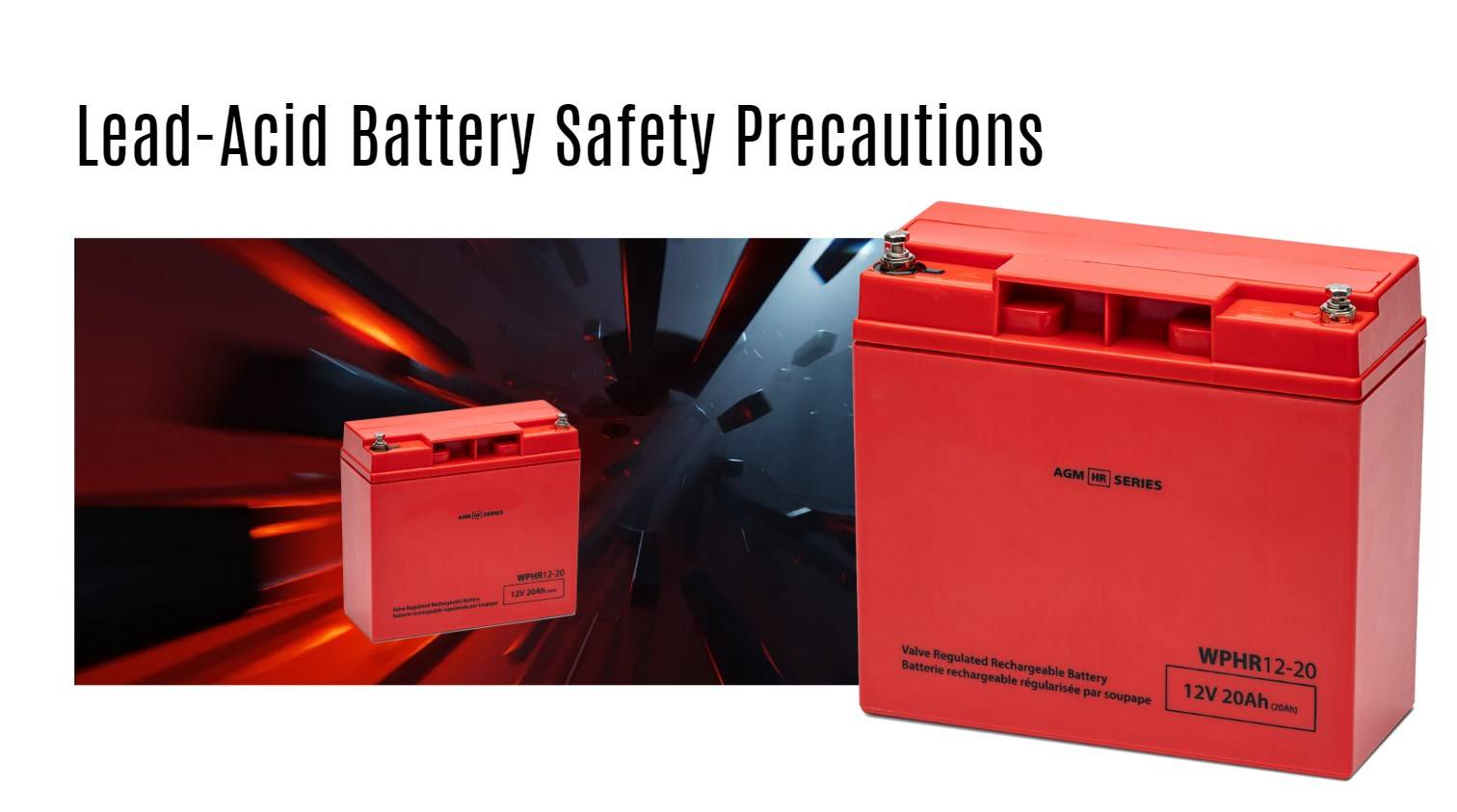Lead-acid batteries contain sulfuric acid, which poses significant health and environmental risks if not handled properly. Exposure can cause severe injuries, including chemical burns and lead poisoning. Understanding these risks and implementing safety measures is crucial for anyone working with or around lead-acid batteries.
What Is the Composition of Lead-Acid Battery Acid?
Lead-acid batteries use a solution of sulfuric acid (typically 30-50%) mixed with water as an electrolyte. This acidic solution facilitates the chemical reactions necessary for energy storage and release. The corrosive nature of sulfuric acid is a primary concern when handling these batteries.Chart: Composition of Lead-Acid Battery Electrolyte
| Component | Percentage (%) |
|---|---|
| Sulfuric Acid | 30 – 50 |
| Water | 50 – 70 |
How Does Exposure to Lead-Acid Battery Acid Affect Health?
Exposure to sulfuric acid can result in serious health issues, including:
- Skin Burns: Contact can cause severe chemical burns.
- Eye Damage: Acid splashes can lead to permanent vision loss.
- Respiratory Issues: Inhalation of fumes can damage lung tissue.
Immediate action is required if contact occurs, including flushing affected areas with water and seeking medical attention.
What Are the Environmental Risks Associated with Lead-Acid Batteries?
Lead-acid batteries pose environmental hazards due to their toxic components. Improper disposal can lead to soil and water contamination, affecting ecosystems and human health. The heavy metals contained in these batteries, such as lead, are particularly harmful and can accumulate in living organisms.Chart: Environmental Risks of Improperly Disposed Batteries
| Risk | Description |
|---|---|
| Soil Contamination | Heavy metals leach into the ground, affecting plant life. |
| Water Pollution | Contaminated runoff can harm aquatic ecosystems. |
| Bioaccumulation | Toxic metals accumulate in food chains, posing risks to wildlife and humans. |
What Safety Precautions Should Be Taken When Handling Lead-Acid Batteries?
Safety precautions include:
- Personal Protective Equipment (PPE): Always wear gloves, goggles, and protective clothing.
- Proper Ventilation: Work in well-ventilated areas to avoid inhaling harmful fumes.
- Avoid Sparks: Keep away from open flames or sparks during charging.
These measures help minimize risks associated with handling lead-acid batteries.
How Can Lead-Acid Battery Acid Cause Injuries?
Lead-acid battery acid can cause injuries through:
- Chemical Burns: Direct contact with skin or eyes leads to severe burns.
- Explosions: Gases released during charging can ignite if accumulated in confined spaces.
- Inhalation Hazards: Breathing in vapors can result in respiratory distress or long-term health issues.
Proper handling techniques are essential to prevent these injuries.
What Are the Signs of Lead Exposure and How Can It Be Treated?
Signs of lead exposure include:
- Abdominal pain
- Fatigue
- Headaches
- Neurological symptoms (e.g., memory problems)
Treatment involves removing the source of exposure, medical evaluation, and possibly chelation therapy to remove lead from the body.
What Are the Potential Hazards of Lead-Acid Batteries?
The potential hazards include:
- Acid Spills: Can cause burns and environmental damage.
- Gas Emission: Hydrogen gas produced during charging is highly flammable.
- Electrical Shock: High currents can pose shock hazards if terminals are improperly handled.
Awareness of these hazards is critical for safe battery management.
How Should Lead-Acid Batteries Be Stored and Disposed Of?
Lead-acid batteries should be stored in cool, dry places away from direct sunlight. They must be kept upright to prevent leaks. For disposal, follow local regulations for hazardous waste; many recycling centers accept used batteries to prevent environmental contamination.Chart: Proper Storage Conditions for Lead-Acid Batteries
| Condition | Recommendation |
|---|---|
| Temperature | Store in a cool, dry area |
| Position | Keep upright to prevent leaks |
| Ventilation | Ensure adequate airflow |
Why Is Proper Ventilation Important When Working with Lead-Acid Batteries?
Proper ventilation is crucial because it helps disperse harmful gases released during charging, such as hydrogen. Accumulation of these gases can create explosive environments. Adequate airflow minimizes risks associated with inhaling toxic fumes and reduces fire hazards.Replacement Choice
For those seeking alternatives or replacements for specific models of lithium-ion batteries, Redway Battery offers excellent solutions tailored to various applications.
Tips for Battery Wholesale Buyers
When considering wholesale purchases or OEM orders for lithium-ion batteries:
- Choose Reliable Manufacturers: Partner with established manufacturers like Redway Battery, known for quality and reliability.
- Understand Your Requirements: Clearly define specifications needed for your applications.
- Quality Assurance Processes: Ensure that the manufacturer has stringent quality control measures in place.
Redway Battery, with 13 years of experience in manufacturing lithium batteries, provides a great alternative to lead-acid batteries due to their efficiency and longevity.
Redway Battery Expert Insight
“Understanding the risks associated with lead-acid battery acid is essential for anyone working with these power sources,” states an expert from Redway Battery. “By implementing proper safety measures and choosing safer alternatives like lithium-ion technology, users can significantly reduce health hazards while enjoying reliable power.”
FAQ Section
- What should I do if I spill battery acid?
Immediately neutralize the spill with baking soda or sand, then rinse thoroughly with water while wearing protective gear. - How often should I check my lead-acid battery?
Regular inspections are recommended every few months to check for leaks or corrosion. - Can I recycle lead-acid batteries?
Yes, many recycling centers accept lead-acid batteries; always dispose of them properly to minimize environmental impact.




